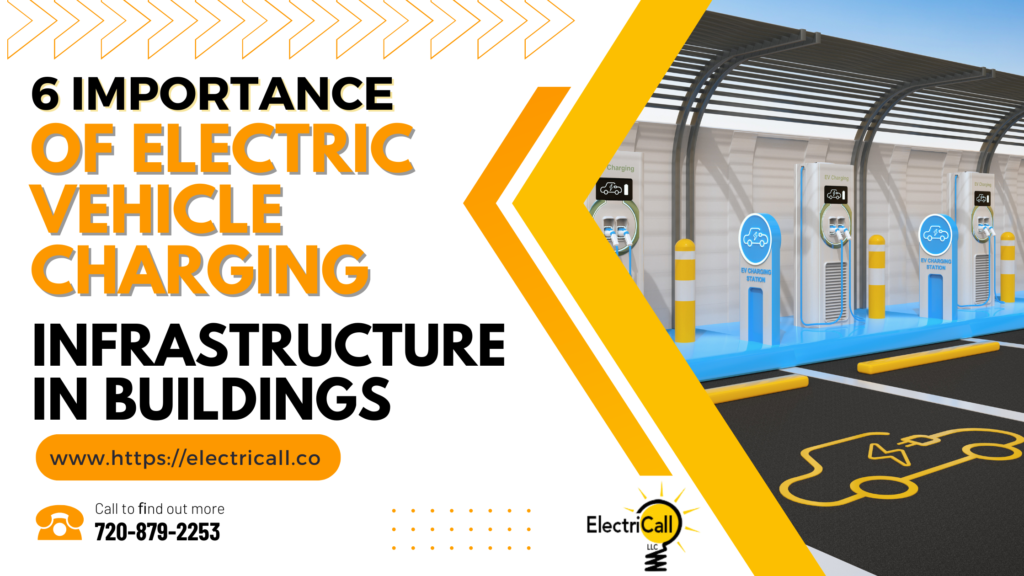
Every year, arcing faults cause electrical fires, which cost lives and leave millions of properties in ashes. Preventing electrical fires is an essential guide to ensure safety at home.
Here are different ways you can prevent electrical fires:
Perform Regular Electrical Maintenance
Electrical installations do not last forever, so have an Arvada electrician perform regular maintenance. Start routine inspections checking for old wiring, outdated electrical systems, or faulty outlets. During these maintenances, you must also ensure you have working circuit breakers and GFCIs for safety against electrical faults.
Look out for ripped cords or damaged plugs, which may be more susceptible to sparking or overheating, potentially causing fire.
Avoid Overloading Socket Outlets
Your socket outlets have a limit to how much power they can handle. So, as tempting as it is to plug in an extension to plug in every appliance, for your own safety, you must be aware of the dangers.
If you need to use more appliances at the same time, it’s best to hire a local electrician who will install more outlets for you. If you must plug in additional appliances on the outlets, ensure you use a surge protector.
Pay Attention To Unusual Electrical Activity
Flickering lights, sparks across the wiring, and buzzing from outlets may be signs of a hidden electrical problem, and these should not be ignored. Instead, stop using the outlet or switch off the lights until a professional electrician gets to diagnose and repair the issue.
Other unusual electrical happenings that should alert you are warm switches and outlets, tripped circuits, blown fuses and discolourations on switches, outlets and the electric panels.
Keep Flammable Materials Away
Electrical connections generate heat continuously. This means any flammable objects close to the device can be easily ignited from the continuous heat. Whether curtains, clothing, or bedsheets, keep them off the outlets if possible.
Pay attention to electric space heaters and flammable fluids such as gasoline. These need special locations away from socket outlets, whether in a garage or a store.
Avoid DIY Electrical Repairs
It’s quite risky to attempt electrical repairs without professional know-how. Considering the complexity of electrical systems, it is best to hire licensed electricians nearby to ensure the job is done professionally and safely.
Other than reducing the risk of fire, hiring expert Arvada electricians also gives peace of mind, knowing the repair is done correctly to standards.
Educate Family Members And Staff
Educating your family or employees helps create awareness of safe and proactive measures to prevent electrical fires. While emphasizing the risk of electrical fires, you need to be sure that everyone can understand different fire signals and how to use fire safety equipment.
Teaching the importance of proper use of electrical appliances and the need to report any signs of electrical problems is essential to ensure that established procedures for evacuation in case of a fire are followed.
Always Have An Emergency Plan
An emergency plan outlines critical roles any building occupants should undertake for safe evacuation with minimized damages. While formulating the emergency plan, you need a clear roadmap identifying areas of higher likelihood of fires, such as around electric panels, flammable materials or other machinery.
Ensure all occupants understand the evacuation procedures and assembly points in case of fires. Creative drills and training will help prepare everyone for effective responses if a fire erupts.
Install Fire Protection Systems
Fire safety equipment is important in helping to put out fires, but you need to understand the different classes of fire safety equipment. This helps you know which fire extinguishers to use at any point.
You also need enough smoke detectors around the property, with alarms in the attic, basements, and garage.
Avoid Leaving Devices Unattended
TVs, lamps, and laptops are safe appliances with no huge risks, but kitchen appliances such as ovens and electric heaters must be operated by someone mature at all times. You shouldn’t leave them unattended or when no one is home. Remember, most fires at home start in the kitchen, so you need to be extra careful.
Actions To Take In The Event Of An Electrical Fire
Here are essential practices you need to incorporate in your emergency plan in case of an electric fire:
- If safe, cut power to the affected area or the whole building through the circuit breaker.
- Use Class C fire extinguishers to put out the fire. Do not use water or any liquids when fighting a fire, as it may conduct electricity, risking electrical shock.
- If the fire is spreading fast, you cannot extinguish it. Instead, evacuate safely using designed routes.
- Do not use elevators. When outside, call for emergency services and seek medical help.



